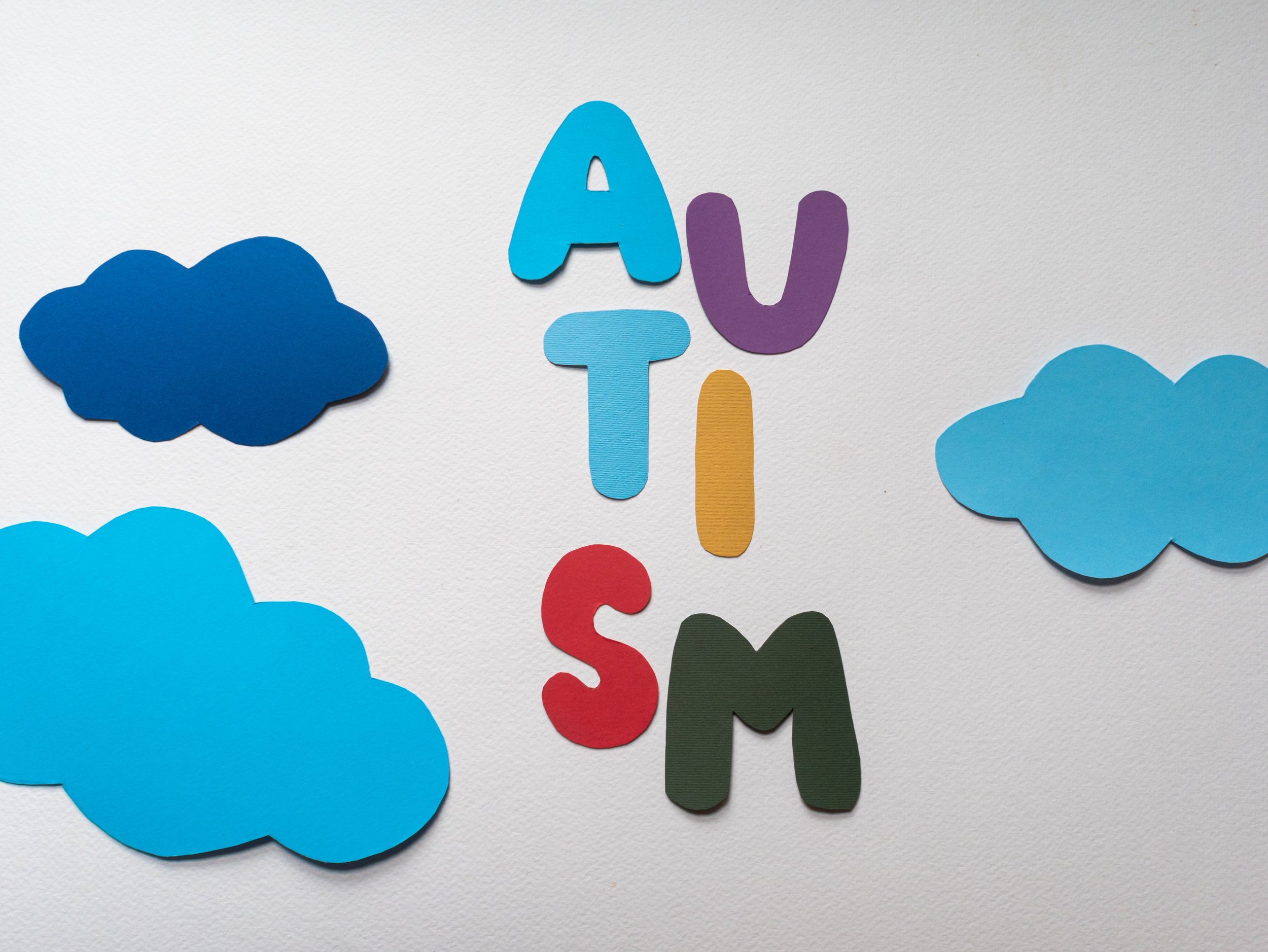Autism Spectrum Disorder
Today, 1 in 44 children is diagnosed with Autism Spectrum Disorder, according to the Center for Disease Control and Prevention (2021). With these growing numbers, the need to understand what autism is and learn about the resources available for support is more relevant than ever.
Autism Spectrum Disorder (ASD) is a neurodevelopmental disorder that affects communication and behavior. The signs of autism can be recognized in early childhood development (U.S. Department of Health and Human Services, 2018). The key characteristics are communication difficulties, social interaction, and restricted, repetitive behavior. Presentation varies widely in symptoms and severity, making it a Spectrum Disorder.
Treatment does not target ASD itself; instead, it focuses on helping people on the spectrum learn to manage harmful symptoms, develop self-care skills, and improve communication. Treatments can include:
Behavioral Therapy
Speech and Language Therapy
Occupational Therapy
Mental Health Therapy
Today's prevalence for adults with Autism Spectrum Disorder and any anxiety disorder is 27% - 42%, and 23% - 37% for those with a comorbid depressive disorder (Hollocks et Al., 2018). Mental health counseling can make a huge difference for anyone with ASD struggling with anxiety or depression.
The spread of knowledge can help reduce the stigma of autism, allowing more people to gain the support they need. Biblically, we are called to love and serve one another, loving our neighbors as ourselves (Galatians 5:13-14).
In all relationships, increased knowledge of autism is a step forward for:
People on the spectrum: knowing that they are wonderfully created by God (Ephesians 2:10) and can advocate for themselves.
Parents who are called to guide and teach their children (Deuteronomy 11:19).
Families and friends who are meant to love and edify one another.
Pastors and teachers caring for their communities
And therapists who strive for competency and care for their clients.

